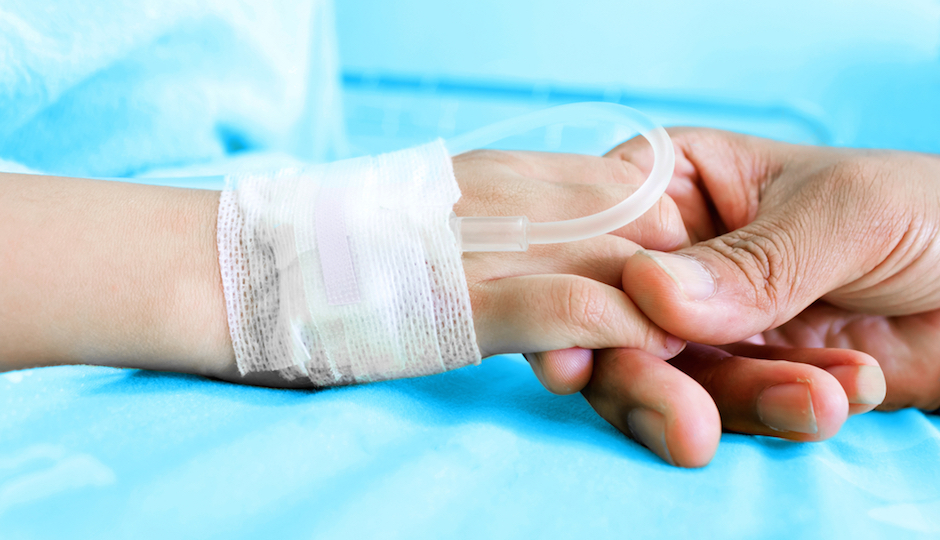CHOP’s Gender and Sexuality Development Clinic Answers Our Questions

Shutterstock.com
In 2014, the Children’s Hospital of Philadelphia (CHOP) was named a leader in LGBT Healthcare Equality by the Human Rights Campaign. It received high marks not only for its inclusive practices and policies for LGBT employees, but for its innovative Gender and Sexuality Development Clinic. The program is dedicated to providing mental and medical healthcare to transgender, gender non-conforming and gender expansive children and youth. CHOP has provided support for these clients long before the establishment of the Clinic, but since the 2014 opening, the team has served nearly 80 families.
To learn more about the Clinic, and to shine a spotlight on the important work it’s doing, we chatted with co-directors Nadia Dowshen, MD, and Linda A. Hawkins, PhD:
What services does the Gender and Sexuality Development Clinic provide?
What we offer families includes a multidisciplinary team of pediatric endocrinology, adolescent medicine, and family support services. Our team partners to help parents understand and appreciate what their child is experiencing and offer resources that include mental health, psychoeducation, trainings in their communities, and medical support. Medical services may include puberty blocking medications, androgen blockers and gender affirming hormones depending on what is determined to be appropriate by the medical team, patient and family.
CHOP is known around the region for being an outstanding hospital. What part does the Clinic play in the health of children?
The Gender & Sexuality Development Clinic directly meets the goal that [CHOP] has to address the healthcare needs of all children, youth and families. The Hospital identified that unified, comprehensive care for transgender and gender expansive individuals, especially when young, can greatly increase future health, wellness and happiness by reducing the negative outcomes of gender dysphoria and distress.
Are there any big upcoming projects that the Clinic is working on?
Expanding the services of the Clinic to meet the needs of the children, youth and families is at the top of this list. This includes adding more staff and expanding the on-site options for support through support groups and counseling. We would like to further our advocacy with local youth-serving professionals and insurance companies to ensure that practicing professionals and future providers are appropriately trained and that all gender non-conforming youth have access to treatments that are medically necessary. The Clinic directors have been engaged in research about gender variant youth for many years and seek to expand our multidisciplinary research and quality improvement agenda in line with national priorities from the National Institutes of Health (NIH) and Institute of Medicine (IOM).
Can you share one or two instances where the Clinic has helped a child or a family?
In some cases we have helped patients and families by providing a medical space that is supportive and affirming of a young person’s gender non-binary identity and offering appropriate and tailored medical and psychosocial support such as menstrual cessation and voice training, but not necessarily the traditional treatment course for someone who is FTM or MTF and desires all aspects of medical transition. In such cases we’ve also helped families better understand their child’s identity and how they can be most supportive.
We’ve had several patients who have traveled from far away to see us, from areas where they may face great challenges and discrimination because of their gender identity from schools, communities and religious institutions. We have been able to not only provide the recommended medical and psychosocial support for transition (puberty blockers, hormones), but also work with schools and churches to find allies who can support the young person through this transition in their local community.


